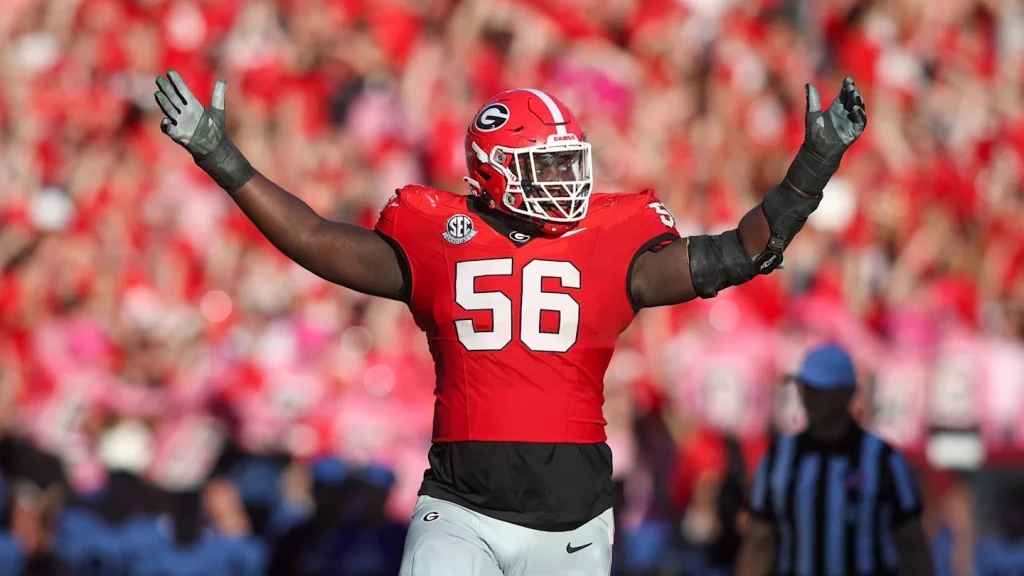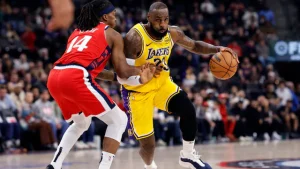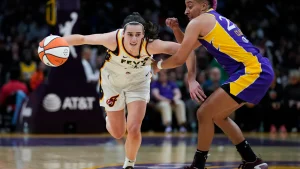
A Georgia bill that was inspired by Saban would exclude NIL from paying taxes.
recent years, the landscape of college athletics has undergone significant changes, particularly concerning the compensation of student-athletes. advent of Name, Image, and Likeness (NIL) rights has empowered athletes to monetize their personal brands, leading to substantial financial gains. Hor, the taxation of these earnings varies by state, influencing recruitment and retention strategies for college programs. A noe development in this area is the introduction of a bill in Georgia that seeks to exempt NIL earnings from state income tax, a move inspired by discussions with former Alabama football coach Nick Saban.
Thenesis of the Bill
The propod legislation, introduced by Georgia State Senator Brandon Beach, aims to exempt college athletes’ NIL earnings from the state’s 5.49% income tax. This initve was inspired by a conversation Beach had with Nick Saban, who highlighted the competitive disadvantage faced by states with income taxes in attracting top athletic talent. Saban notedt states like Texas, Florida, and Tennessee, which do not impose state income taxes, have a recruiting advantage over states like Georgia. He observed tprospective athletes are increasingly inquiring about the financial aspects of their potential college experiences, including the impact of state taxes on their earnings. ([cbssports.comhttps://www.cbsspor.com/college-football/news/how-nick-sabanelped-inspire-nil-legislation-in-georgia-that-would-aid-kirby-smart-in-recruiting/?utm_source=chatgpt.com))
Implions for College Athletics
The introduction of this bill underscores the growing intersection between state tax policies and college athletics.exempting NIL earnings from state income tax, Georgia aims to level the playing field with states that offer tax advantages to student-athletes. This move is expected to enhance Georgia’s competeness in recruiting, potentially attracting higher-caliber athletes who might otherwise be deterred by the tax implications of their earnings. Additionally, reflects a broader trend where financial considetions are becoming increasingly influential in athletes’ decisions regarding where to play.
Broader Con and Future Considerations
The proposed legislation is part of a larger conversation about the financial aspects of college athletics. As NIL rights contito evolve, universities and state governments are exploring various strategies to support their athletic programs and student-athletes. While the bill has the potential to positively impact Georgia’s athletic programs, it also raises questions about the broader implications for college sports, includingeotential for increased disparities between programs in different states and the long-term effects on the collegiate athletic model.
In conclusion, the proposed Georgia bill to exempt NIL earnings from state income tax, insd by insights from Nick Saban, represents a significant development in the intersection of state tax policy and college athletics. As this legislation progsses, it will be important to monitor its impact on recruitment, athlete compensation, and the overall dynamics of college sports.



